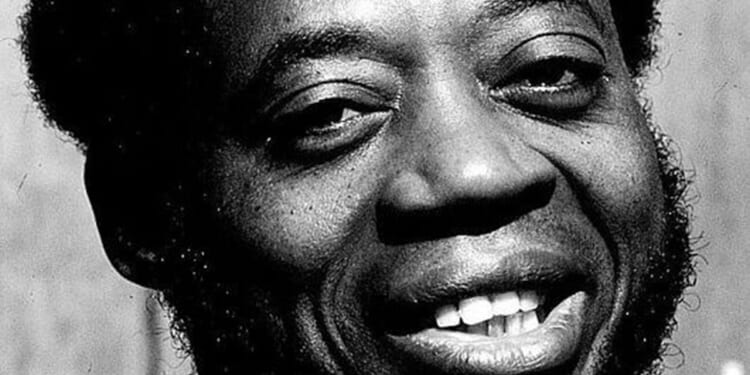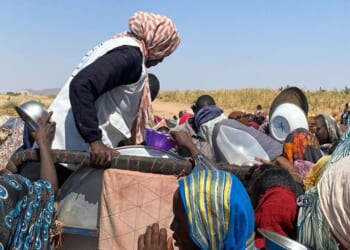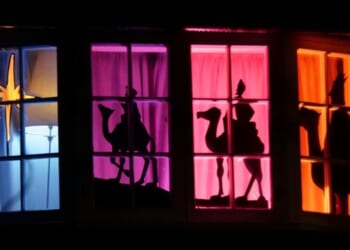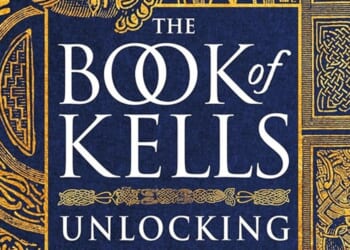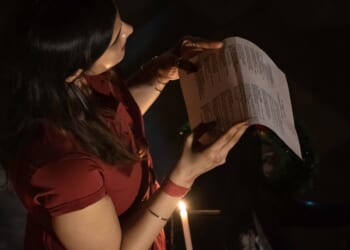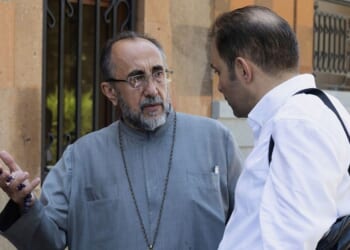I HAD always thought that studying theology should make me more complex, and that, by the time I left theological college, I would have a big vocabulary that I could use to impress members of the congregation. As time went on, however, l realised that the disciplines of theology and essay-writing might be highly beneficial to the mind, but did not necessarily help one to develop common sense, or to be in touch with the ordinary life of the faithful.
It was at this point that l began to fall in love with the theology of Fr Jean-Marc Ela, which was developed in context and based on his experience of living with those on the edge or the margins of society. I first encountered his works at theological college. He has revolutionised my approach to theology.
My centre of gravity first shifted when l read the theologian James H. Cone’s book God of the Oppressed, but Ela influenced me in a different way as I related to his symbols and descriptions, especially of the African village, and his advancing the case for reformation in the Roman Catholic Church. He was questioning why, for example, it was not then permissible for locally produced (rather than imported) food to be used as the elements of the eucharist: why could palm wine not be used?
Fr Jean-Marc Ela (1936-2008) was born in southern Cameroon on 27 September 1936. He was ordained a Roman Catholic priest for Ebolowa diocese in 1963, and spent 14 years as a missionary serving the poor Kirdi people of northern Cameroon. He had doctorates in theology from the University of Strasbourg (1969), and in sociology from the Sorbonne (1978), and brought his sociological insights to bear on his theology, arguing that Christianity in Africa should find expression in a local context.
He was critical of the way in which the Western Church was turning a blind eye to the conditions in parts of Africa, and argued that Christianity should resist oppression by a ruling elite. His most famous book, African Cry, epitomises sub-Saharan liberation theology. As a critic of the authorities, he was in danger of his life. After the murder of his friend and colleague Fr Engelbert Mveng, Ela fled to Canada, where he lived in exile for the rest of his life, serving for many years as a professor of theology.
ELA’s epistemology was that worship and Christianity must start with the mundane and ordinary life of the African village. As someone with an African heritage living in the UK, I realised that my vocation must also start with the African village — not because that is where Ela served, but because it represents the ordinary life from which my theology is to be formed.
 AlamyA Kird village in Cameroon in the early part of the 20th century
AlamyA Kird village in Cameroon in the early part of the 20th century
Colonial history had an impact on migration as people left the rural areas in search of employment in towns and cities. In Zimbabwe more recently, however, things have changed once again, as the diaspora community realises that the “African village” is a special place, which speaks of industry, productivity, owning the means of production, and being able to oversee business operations, among other things. Hence there is now a rural migration, as Zimbabweans desert the once lucrative urban areas in search of simplicity of life and peace of mind, away from vehicle emissions and pollution.
All of this underlines the wisdom of Ela in trying to demonstrate to African theologians of the future the need to solve for themselves the challenges faced by the continent. In other words, an accumulation of knowledge need not be for its own sake, but for transformative change, and progress in the lives of individuals and whole communities. The life of struggle is the beginning of theology for the African, and this is what Ela argues, finding the presence of God and interpreting the gospel in the light of individual circumstances.
SOMEONE used to tell me that, as they got older, it was if the memory took them back to their birthplace, and they started to exhibit characteristic behaviour of that place. My wife and I did not understand this until our children told us that we behaved like some of the people they saw during our vacation in Zimbabwe. This made me realise that, perhaps, l am incapable of escaping my own upbringing. So it is important to identify what I can learn or draw inspiration from in that context.
For Ela, there was need to draw inspiration from his memories of the African village, and his vocation was related to his own upbringing and experience among the Kirdi people of north-west Cameroon. I have learned from him that what is core to the Christian faith is to find out how one can tap into one’s own cultural resources and learn from other cultures. This realisation has been important to my life as l have been engaged in mission in the north of England.
“Theology under the tree” is an attempt to simplify theology, to make it seem less like an academic exercise without practical application. We are challenged instead to see it as a way of bringing together our life experiences and interpreting them, using theological resources. This may involve challenging some of the assumptions — and even some of the doctrines — that we grew up with, if they prevent our enjoying freedom in Christ.
When Ela asked why yam could not be used as an alternative to wafer bread in the eucharist, that was part of his belief that “We must be attentive to the concrete problem of the church in Africa and become aware of what must be reinvented in ecclesiastical institutions in order for us to live our faith in a climate of freedom rather than of constraint” (The African Cry, Wipf & Stock).
The Revd Dr Ericcson T. Mapfumo is Missional Priest-in Charge of Christ Church, Moldgreen, and St James’s, Rawthorpe, in Leeds diocese, and Anglican Chaplain at the University of Huddersfield. He is a trustee of the William Temple Foundation.

